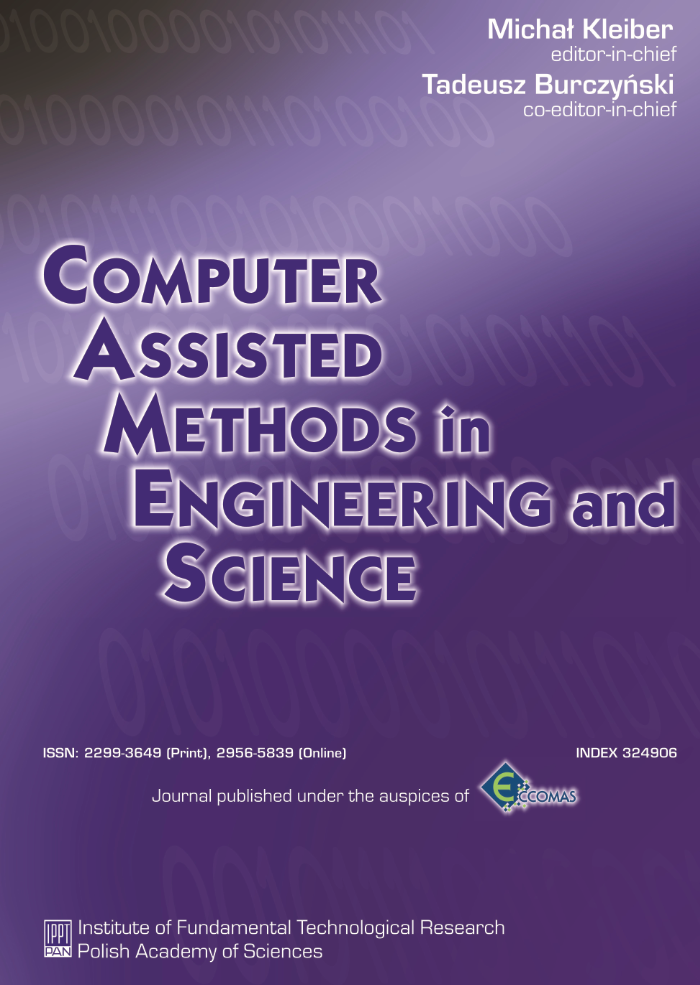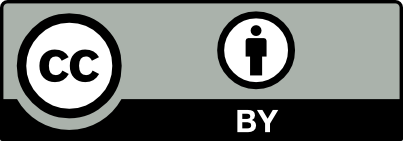Abstract
The paper presents numerical techniques useful in nonlinear analysis of structures. The main attention is focused on procedures for the determination of equilibrium paths and examination of critical points. Most of them are connected with the arc length method and can be treated as additional tools, that improve the effectiveness and reliability of computations. It was confirmed in a number of test examples, presented in authors' earlier papers [1-4]. In this paper only one, but the most representative example including different types of critical points has been chosen. The conclusions are that even highly nonlinear problems can effectively be solved using relatively simple algorithms.
References
[2] T. Sokół, M. Witkowski. The equilibrium path determination in nonlinear analysis of structures, Advances in nonlinear finite element methods. B.H.P. Topping, M. Papadrakakis, eds., 35--45, Civil-Comp Press, Edinburgh 1994.
[3] T. Sokół, M. Witkowski. Critical states of imperfect sensitive structures. In: J. Obrębski, ed., Int. Conf. On "Lightweight Structures in Civil Engineering", 228-235, Warsaw 1995.
[4] T. Sokół. Non-linear analysis of space bar structures with regard to the imperfections. (in Polish), Ph.D. Thesis, Warsaw University of Technology, 1995.
[5] E. Riks. The application of Newton's method to the problem of elastic stability. J. Appl. Mech., 39: 1060-1066, 1972.



